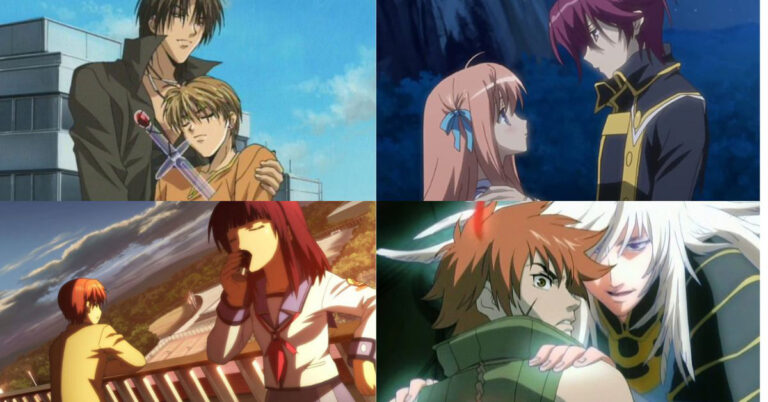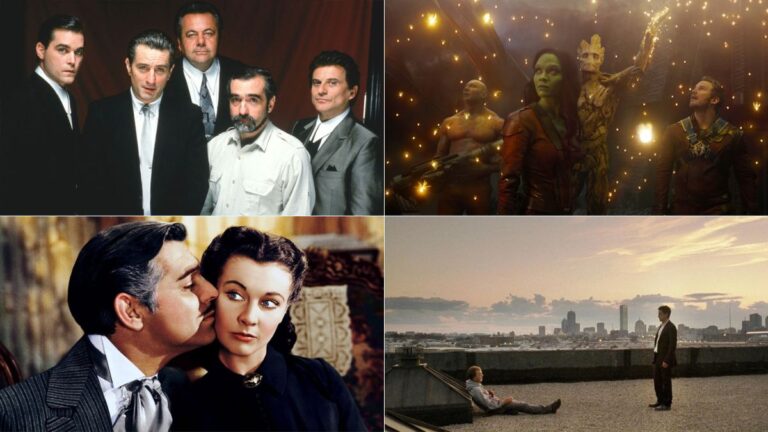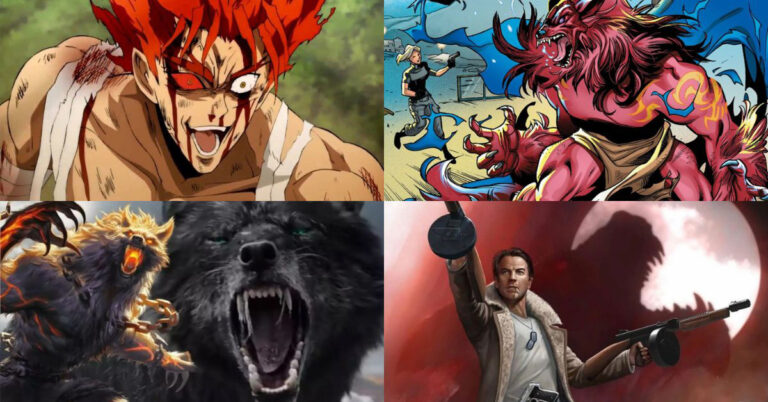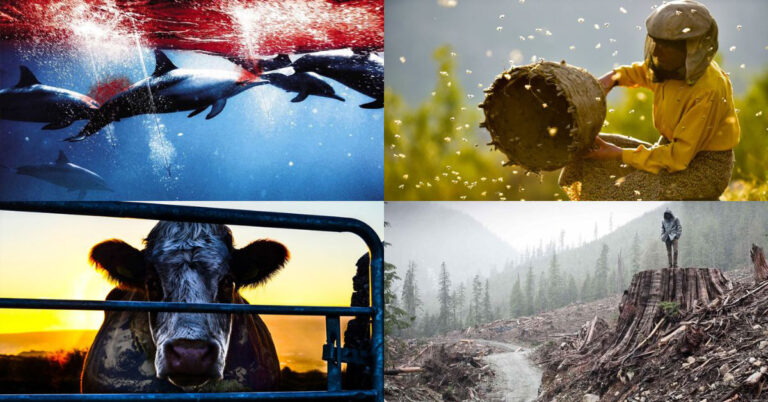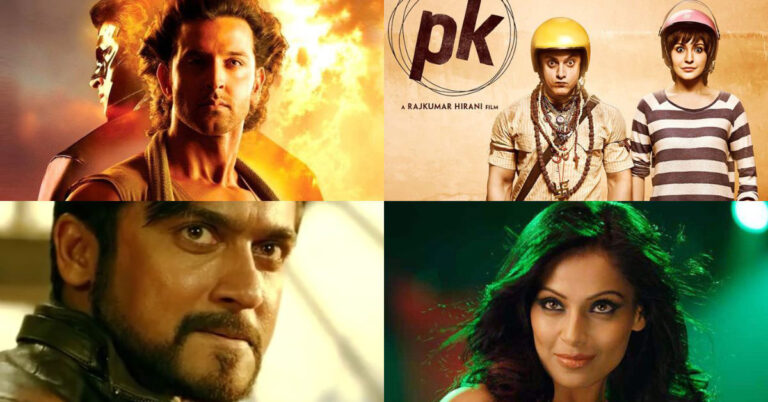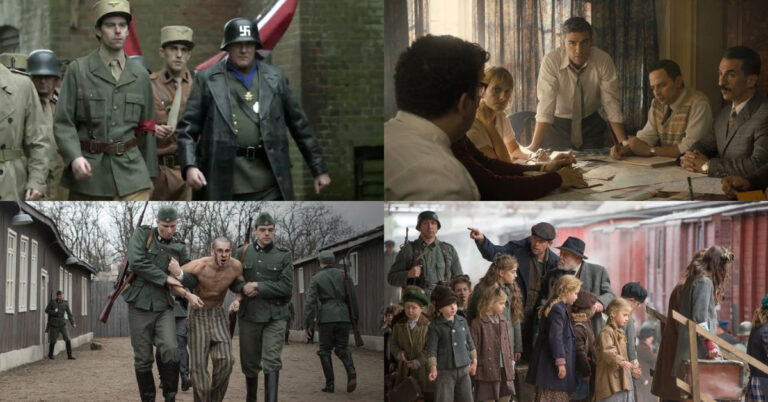20 Best Movies Without Musical Score or Soundtrack
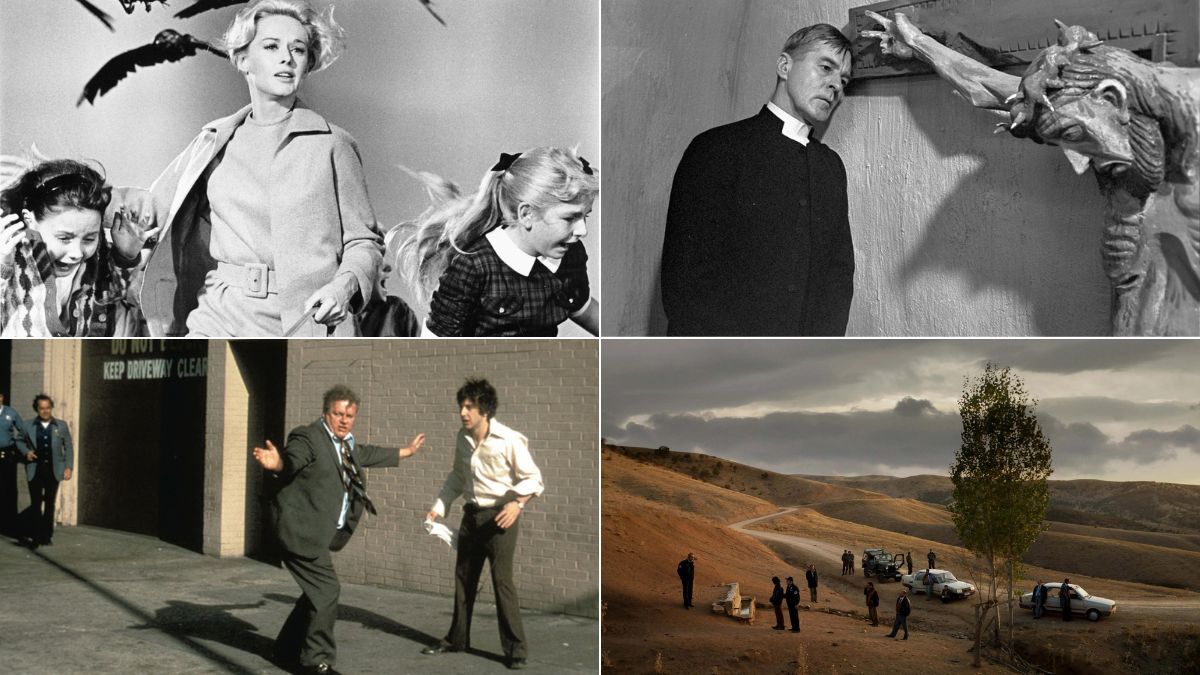
Movies have the power to transport us to different worlds and evoke a range of emotions through their visuals, dialogues, and soundscapes. While music is often used as a powerful tool to enhance the cinematic experience, some movies have managed to leave a lasting impression without a musical score or soundtrack. These films rely solely on the strength of their storytelling, cinematography, and acting to captivate audiences.
From suspenseful thrillers to emotional dramas, these movies showcase the beauty of silence and the impact of the absence of music. In this article, we will explore some of the best movies without a musical score or soundtrack and examine how they manage to convey powerful messages without the use of music. Whether you’re a movie buff looking for something new to watch or simply curious about the art of cinema, these films are sure to leave a lasting impression on you.
Rope (1948)
Directed by Alfred Hitchcock, “Rope” is a psychological thriller that revolves around two young men who commit a murder just for the thrill of it. They hide the body in a trunk and host a party, inviting the victim’s family and friends, including their former professor, who begins to suspect that something is amiss.
The film is notable for being shot in real-time and for its innovative use of long takes to create the illusion of a single continuous shot.
About Elly (2009)
“About Elly” is an Iranian drama directed by Asghar Farhadi. The movie follows a group of middle-class friends who go on a weekend trip to the Caspian Sea. When one of their daughters goes missing, they frantically search for her while uncovering hidden secrets about each other.
The film is a powerful commentary on the fragility of social conventions and the consequences of deceit.
Interiors (1978)
Directed by Woody Allen, “Interiors” is a drama that explores the disintegration of a wealthy New York family. The film follows the lives of three sisters and their parents as they struggle to come to terms with their father’s decision to leave their mother for a younger woman.
The film is a departure from Allen’s earlier comedic works and is noted for its somber tone and stunning cinematography.
The White Ribbon (2009)
Directed by Michael Haneke, “The White Ribbon” is a German drama set in a rural village just before World War I. The film examines the lives of the village residents, particularly the children, and the oppressive social and religious codes that govern their behavior.
When a series of violent and mysterious events occur in the village, the children become the prime suspects. The film is a meditation on the origins of fascism and the brutalization of youth.
Network (1976)
Directed by Sidney Lumet, “Network” is a satirical drama that explores the power of television and the manipulation of the media. The movie follows a struggling television network that hires a newscaster who goes on a series of rants that captivate the public.
The film is notable for its prescient commentary on the role of the media in shaping public opinion and for its iconic catchphrase, “I’m mad as hell and I’m not going to take it anymore!”
Cloverfield (2008)
Directed by Matt Reeves, “Cloverfield” is a found-footage monster movie that follows a group of friends as they navigate through the chaos and destruction caused by a giant creature that attacks New York City.
The film is shot entirely from the perspective of a handheld camera, giving it a sense of realism and immediacy. “Cloverfield” is a thrilling ride that combines sci-fi and horror elements with a personal story about the power of friendship.
Cache (2005)
Directed by Michael Haneke, “Cache” is a French psychological thriller that follows a wealthy couple who begins to receive anonymous videotapes of their home and family.
As the tapes become more disturbing, the couple begins to unravel the secrets of their past and the true identity of their stalker. The film is a thought-provoking examination of guilt, responsibility, and the consequences of our actions.
The Wind Will Carry Us (1999)
Directed by Abbas Kiarostami, “The Wind Will Carry Us” is an Iranian drama that follows a group of journalists who travel to a remote village to cover a funeral ritual.
As they wait for their subject to die, they encounter the villagers and explore the beauty of the surrounding landscape. The film is a poetic meditation on life, death, and the fragility of human existence.
The Blair Witch Project (1999)
Directed by Daniel Myrick and Eduardo Sanchez, “The Blair Witch Project” is a found-footage horror movie that follows three college students as they investigate a local legend about a witch in the woods.
As they become lost and disoriented, they begin to experience strange and terrifying events that seem to be connected to the legend. The film is notable for its innovative use of found footage and its ability to create a sense of dread and suspense without relying on traditional horror tropes.
4 Months, 3 Weeks and 2 Days (2007)
Directed by Cristian Mungiu, “4 Months, 3 Weeks and 2 Days” is a Romanian drama set during the final years of the Communist regime. The film follows two college roommates who attempt to secure an illegal abortion for one of them, a procedure that is punishable by death.
The film is a harrowing and emotional portrayal of the lengths people will go to in order to preserve their freedom and dignity.
The Birds (1963)
Directed by Alfred Hitchcock, “The Birds” is a horror-thriller that follows a wealthy socialite who visits a small California town only to find herself under attack by birds of all kinds.
As the birds become increasingly aggressive, the town is plunged into chaos and the socialite must fight for her survival. The film is a classic example of Hitchcock’s mastery of suspense and psychological terror.
Once Upon A Time In Anatolia (2011)
Directed by Nuri Bilge Ceylan, “Once Upon A Time In Anatolia” is a Turkish drama that follows a group of men, including a police commissioner, a doctor, and a prosecutor, as they search for a dead body in the Anatolian countryside.
As they traverse the rugged terrain, they confront their own fears, prejudices, and moral quandaries. The film is a haunting meditation on the human condition and the complexity of justice.
M (1931)
Directed by Fritz Lang, “M” is a German thriller that follows the hunt for a child murderer who preys on young girls. The film focuses on the police investigation as well as the criminal underworld’s efforts to track down the killer.
The film is notable for its innovative use of sound and its psychological depth, exploring the motivations and pathology of the killer.
Dog Day Afternoon (1975)
Directed by Sidney Lumet, “Dog Day Afternoon” is a crime drama based on a true story. The film follows a desperate man who robs a bank in order to pay for his lover’s sex-change operation.
As the police and media descend on the scene, the man becomes a media sensation and a symbol of social and political upheaval. The film is a powerful commentary on the American Dream and the human cost of capitalism.
A Separation (2011)
Directed by Asghar Farhadi, “A Separation” is an Iranian drama that explores the tensions and contradictions of modern Iranian society.
The film follows a middle-class couple who seek a divorce, but find themselves embroiled in a complex web of legal, moral, and personal issues. The film is a powerful portrayal of the human consequences of political and social change.
No Country for Old Men (2007)
Directed by Joel and Ethan Coen, “No Country for Old Men” is a neo-Western thriller that follows a man who stumbles upon a drug deal gone wrong and a suitcase full of money.
As he tries to escape with the loot, he is pursued by a sociopathic hitman who leaves a trail of violence and destruction in his wake. The film is a tense and haunting exploration of morality, fate, and the changing face of America.
Uzak (2002)
Directed by Nuri Bilge Ceylan, “Uzak” is a Turkish drama that follows a man who invites his cousin to stay with him in Istanbul.
As the two men struggle to connect, they reveal their contrasting worldviews, lifestyles, and aspirations. The film is a poignant and contemplative exploration of the human condition and the cost of modernity.
Two Days, One Night (2014)
Directed by Jean-Pierre and Luc Dardenne, “Two Days, One Night” is a Belgian drama that follows a woman who must convince her co-workers to forgo their annual bonuses so that she can keep her job.
As she visits each of them in turn, she confronts their prejudices, fears, and hopes. The film is a powerful and humanistic portrayal of the struggle for dignity and solidarity in an increasingly unequal world.
Winter Light (1963)
Directed by Ingmar Bergman, “Winter Light” is a Swedish drama that follows a small-town pastor who struggles with his faith and sense of purpose in the face of personal and social crises.
As he ministers to his parishioners, he confronts his own existential dread and feelings of impotence. The film is a stark and existential examination of the human condition and the limits of religion.
Beyond the Hills (2012)
Directed by Cristian Mungiu, “Beyond the Hills” is a Romanian drama that explores the tensions between religion and modernity. The film follows two young women who grew up together in an orphanage, but who have taken different paths in life.
When one of them becomes a nun, the other comes to visit her and their reunion sets off a chain of events that challenge their beliefs and their friendship. The film is a powerful and disturbing examination of the human cost of dogma and tradition.


